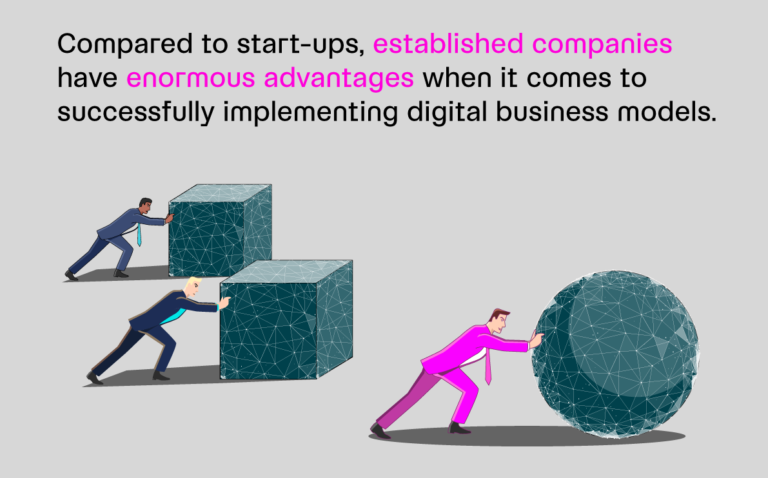The heart of technology and AI in real estate investing is routine tasks being automated and decision making made more efficient based on facts, trends, and forecasting. Real estate investors are able to make better decisions and finalize transactions more quickly. Among the variety of real estate AI, the top three areas are:
Effective Property Location and Portfolio Risk Analysis
One of the most time-consuming efforts for a real estate investor is locating suitable properties to add to their portfolio, while knowing when to sell others. Modern AI technology can provide aid in both aspects of portfolio analysis.
Searching and scrubbing abilities online are stronger than ever by using your specific search criteria to return the best options quickly. Since the search for suitable properties on real estate, MLS, or property auction sites is quite efficient, this will provide the investor plenty of extra time for other due diligence items. Investors can include specific, niche searches for particularly unique qualities of properties if they wish in advanced databases. The newer trends in searching are now branching into the ability to search by classifying images to search for similar ‘looking’ properties; however, this ability is within its infancy stages.
Additionally, real estate AI can help identify market trends, investment opportunities, anticipate future rent and property values, identify market risks, rank market areas, analyze financial projections, risks, and how these elements relate to an investor’s goals. As technologies continue to evolve, the projected values are increasingly accurate as data is gathered from multiple sources including schools, crime reports, census tract information, proximity to services (bus, library, grocery/stores, medical facilities, etc.), and even social media. Further analyses can also provide information and predictions of future developments, long term value, how likely an owner is to sell to you, time needed to close, and market changes (interest rates, inventory, income, and rents).
Efficient and Effective Transaction Management
A major change in the recent past is the way real estate transactions occur. Firstly, with underwriting is streamlined through AI technology, which saves days, weeks, or months in the process. Then, with the ability to virtually sign documents, all parties in real estate transactions no longer have to meet to sign physical documents. This is far more efficient, since contracts and piles of paper are now signed with a quick click and swish of a finger through secure services.
Property and Tenant Needs
Once purchased, the preservation of the property becomes important. Through machine learning, AI can estimate property needs such as maintenance or replacement of systems and equipment, and work order trends. Recommendation software can be configured to run algorithms to suggest types of insurance while taking into consideration local area statistics, zoning, and the industries of leased clientele.
On the tenant side, chatbots are helpful, programmed ‘human’ responses to general questions, concerns, and reports of work orders. Integrated payment systems are certainly more efficient, with no more manual scanning, data entry, or bank deposits necessary.
Outlook
As AI continues to change, the tasks above will become increasingly efficient, become more accurate, and provide an edge over an investor’s competitors. Venture Leap’s strength is assisting professionals to build and launch successful digital products. Tell us about your needs, and we’ll help you achieve your goals.
At Venture Leap, we help entrepreneurial teams build and launch their digital products. Get in touch or book a free session below if you want to know how can take your idea to the next step and develop a minimum viable product that works.




